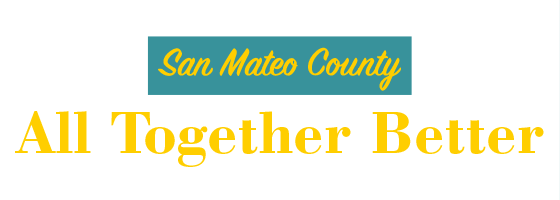Promising Practices
The Promising Practices database informs professionals and community members about documented approaches to improving community health and quality of life.
The ultimate goal is to support the systematic adoption, implementation, and evaluation of successful programs, practices, and policy changes. The database provides carefully reviewed, documented, and ranked practices that range from good ideas to evidence-based practices.
Learn more about the ranking methodology.
Filed under Evidence-Based Practice, Health / Women's Health, Adults, Women, Urban
Goal: The goal of the WILLOW intervention is to provide women living with HIV/AIDS with the skills and education needed to support safer sexual decisions.
Impact: The WILLOW program succeeded in reducing the number of reported episodes of unprotected vaginal intercourse, increasing the use of condoms and condom self-efficacy, decreasing the incidence of bacterial infections (chlamydia and gonorrhea), and improving HIV knowledge.
Filed under Evidence-Based Practice, Health / Physical Activity, Women
Goal: The goal of the WOMAN Study is to reduce the progression of subclinical atherosclerosis by reducing weight and waist circumference through dietary changes and physical activity.
Filed under Effective Practice, Health / Older Adults, Older Adults
Goal: This project seeks to demonstrate the effectiveness of both providing the intervention and recruiting participants in a community setting.
Filed under Evidence-Based Practice, Health / Physical Activity, Adults, Men
Goal: The goal of this exercise program was to reduce the incidence of diseases related to lifestyle, such as cerebrovascular diseases and ischemic heart diseases, and to preserve and promote workers' health.
Impact: The exercise program proved to be effective in increasing adaptive walking speed and in lowering waist to hip ratio.
Filed under Evidence-Based Practice, Economy, Adults
Goal: Year Up's mission is to close the Opportunity Divide by ensuring that young adults gain the skills, experiences, and support that will empower them to reach their potential through careers and higher education.
Impact: These approaches tend to be intensive and comprehensive, address psycho-social skills as well as occupation-specific competencies, provide opportunities for work-based learning, engage employers, incorporate evidence-based practices, and emphasize continuous improvement.
Filed under Effective Practice, Health / Disabilities, Children
Goal: The purpose of Access Living's Y.I.E.L.D. (Youth for Integration through Education, Leadership and Discovery) the Power Project was to increase the participation of youth with disabilities in mainstream workforce development activities through a variety of youth-led systems change initiatives. Specific goals included the following:
-Train 100 youth with disabilities to become leaders in the disability community and other sectors of their communities
-Witness and document systems change in at least 10 WIA (Workforce Investment Act)-assisted youth programs in Chicago through trainings and focused one-on-one technical assistance
-Provide paid and unpaid work experiences for youth with disabilities.
Filed under Good Idea, Health / Diabetes, Adults
Goal: The goal is for participants to lose seven percent of their body weight and increase their physical activity to 150 minutes per week in order to reduce the risk of developing type 2 diabetes.
Filed under Evidence-Based Practice, Health / Mental Health & Mental Disorders
Goal: The Zero Suicide Initiative is a comprehensive model of suicide prevention that challenges health and behavioral health care systems to strive for zero suicides among those in their care.
Filed under Good Idea, Community / Social Environment, Children, Adults, Families, Racial/Ethnic Minorities
Goal: The program's primary goal is to prepare the Harvey County community for a disaster. It also seeks to increase outreach to minority communities and recruit volunteers for the MRC.
Filed under Effective Practice, Education / Literacy, Children, Teens, Urban
Goal: The mission of 826 National is to help children ages 6-18 develop their writing skills, and to help teachers get their students excited about writing. The mission is based on the understanding that great leaps in learning can happen with one-on-one attention, and that strong writing skills are fundamental to future success.

